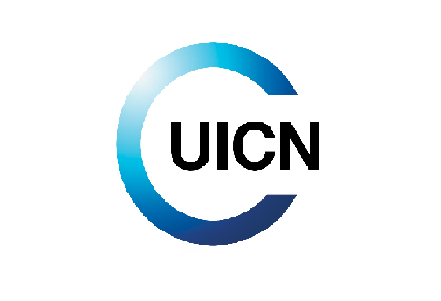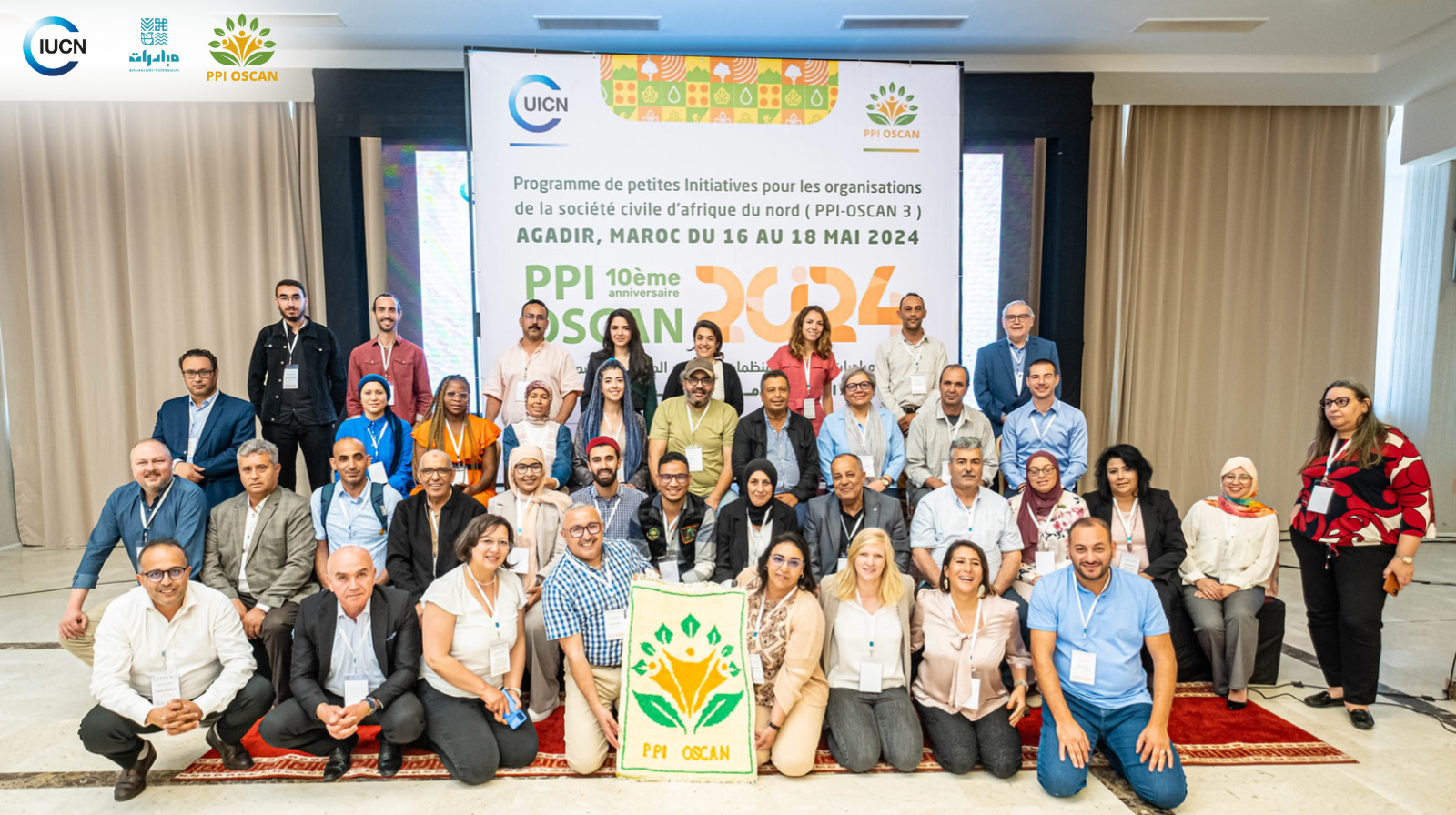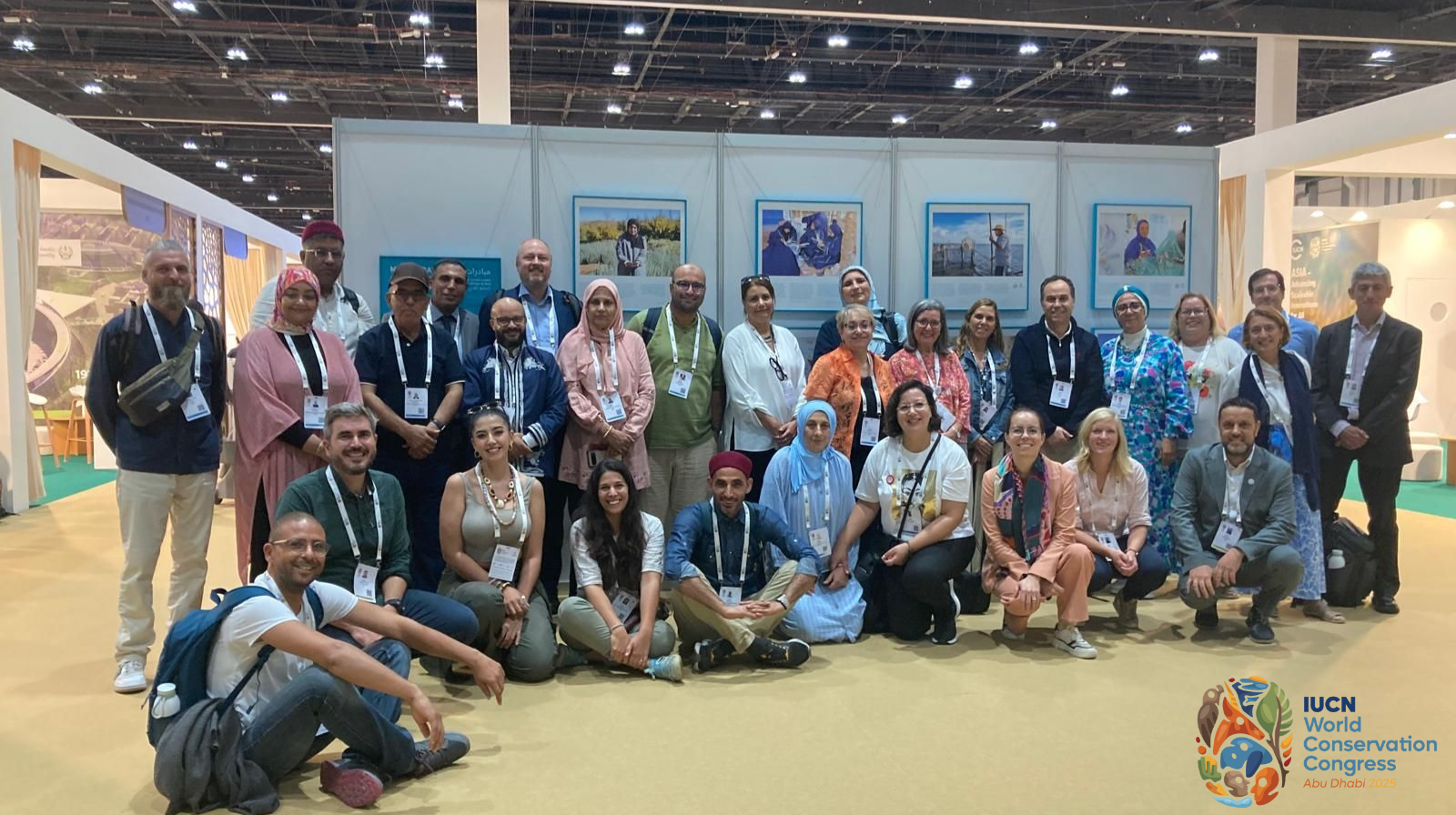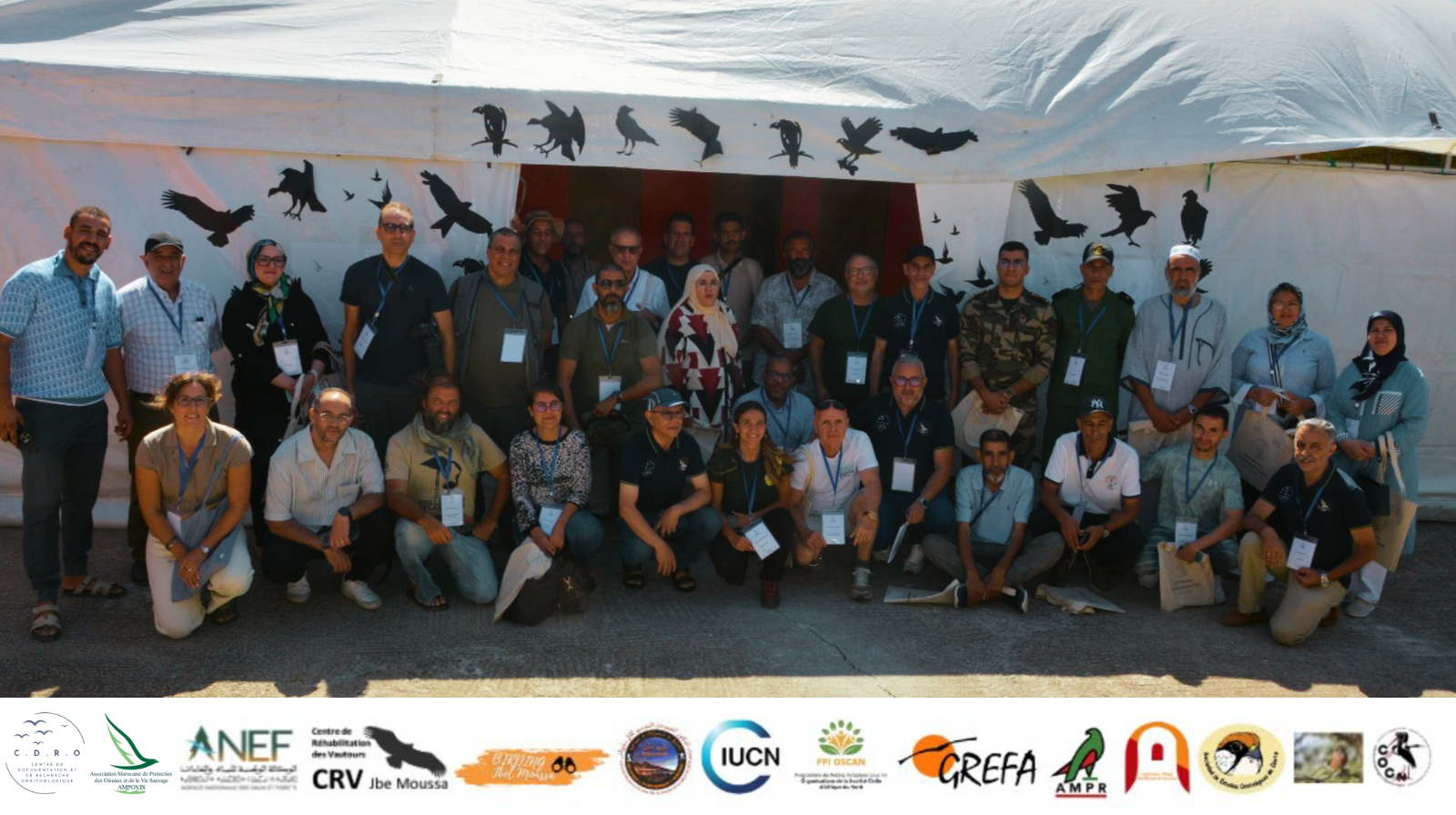The rural region of Hezma in the governorate of Medenine in southern Tunisia is one of the regions most subject to agricultural land degradation and declining rainfall. Yet its main economy remains arboriculture and more and more families migrate from the region, victims of the loss of productivity of their land.
To adapt to the arid conditions, the Association of Development and Strategic Studies of Medenine (ADES), has used the ancient tradition of Majels and Fesguiya for the collection of rainwater and animate young farmers to revive the production of their olive trees.
Majel and Fesguiya are underground cisterns inherited from Byzantine, Roman or Berber civilizations that were already present in arid environments and managed to adapt to the water deficit. Through rainwater collecting and soil storage system, these cisterns contain enough water to feed crops with low water demand such as olive and almond trees. Despite the relevance of these constructions, they have deteriorated by the neglect of cultures. In 2023, the state issued a decree granting interest-free loans for their construction, but their cost remains significant for young farmers.
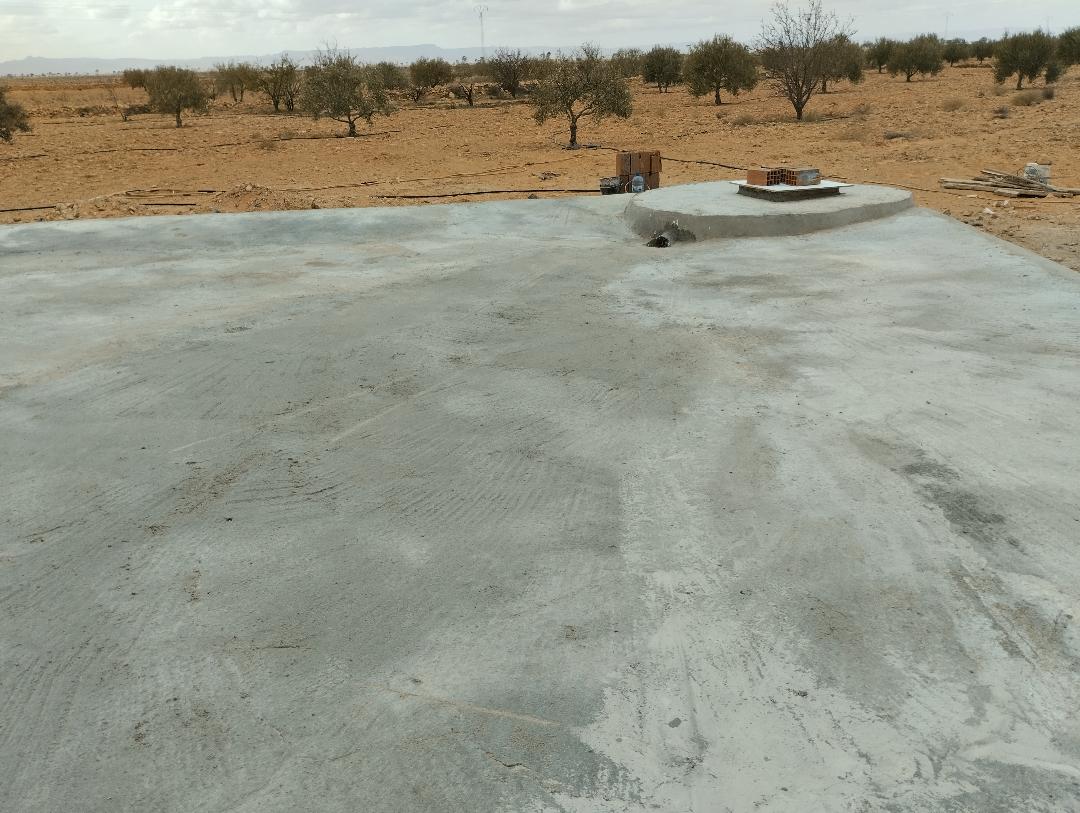
This is why the ADES association has benefited from funding from the TransCap Civil Society Support Program to rehabilitate majels and help families with the planting of 100 trees and supplementary irrigation.
With this pilot project, the association aspires to raise awareness of the need for rational management of water resources and soil conservation. While the country suffers from a succession of rainfall deficits, the overexploitation of the soil and the establishment of vegetable crops that require a lot of water only increases the farmers’ crisis. Turning to the practices of former populations who faced the same challenge represents an alternative to urban migration and should be promoted nationally. The results after 1 year of implementation are:
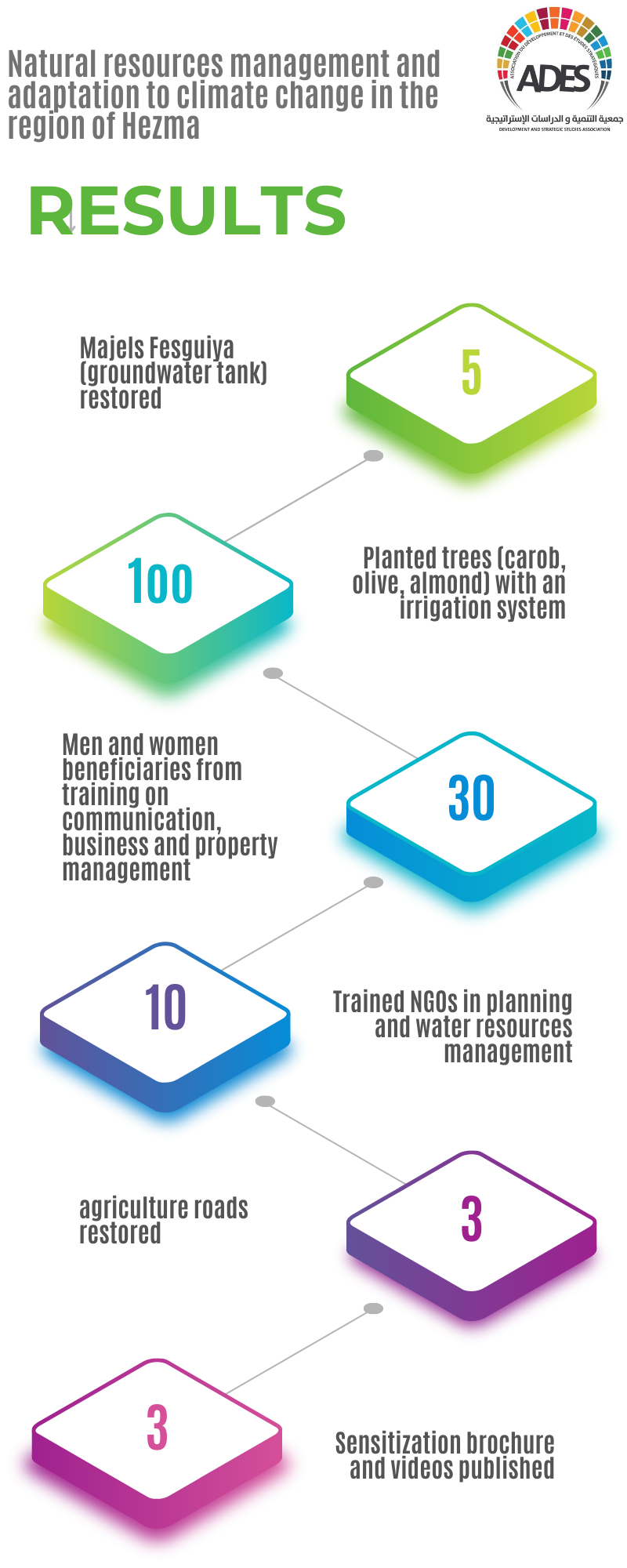
This project was implemented from 2022 to 2023 within the framework of the TransCap2 programme coordinated by IUCN-Med and funded by the General Directorate of Cooperation of the Balearic Islands.

